Imagine a flamenco-and-latin-music-influenced version of a mix of Bob Dylan, Bruce Springsteen and Leonard Cohen, and you kind of get the picture. This is Joaquin Sabina, whose music I was introduced to a few years ago by Helena, our Spanish friend in Oxford.
Yesterday, we went to see him and Joan Manuel Serrat, the two most important Spanish singer-songwriters (‘cantautores’) of the 60s/70s/80s, in concert at the huge Bilbao Exhibition Centre. Sabina is now 64 and Serrat is now 70. About ten years ago, Sabina had a stroke and Serrat had cancer, so there was a sense that this was a special occasion – possibly a last chance to see these ‘national treasures’ perform. However, on last night’s evidence, they’re still going very strong.
Yesterday, we went to see him and Joan Manuel Serrat, the two most important Spanish singer-songwriters (‘cantautores’) of the 60s/70s/80s, in concert at the huge Bilbao Exhibition Centre. Sabina is now 64 and Serrat is now 70. About ten years ago, Sabina had a stroke and Serrat had cancer, so there was a sense that this was a special occasion – possibly a last chance to see these ‘national treasures’ perform. However, on last night’s evidence, they’re still going very strong.
Both Serrat and Sabina made their names in the 60s as anti-Franco socialists influenced by Spanish and Latin American love poetry, political poetry and protest songs, and both went into exile because of their anti-Franco activism and protests. Serrat didn’t only protest against Franco’s politics; he also insisted on singing in his native Catalan, not a popular move with Franco.
For a taste of Sabina, see this page: http://albokari2.wordpress.com/2008/11/07/joaquin-sabinas-guess-who, where you’ll find a video of a 1981 satirical song about Franco’s funeral called “Adivina adivinanza”, which means something like ‘Guess who?’. (The English translation provided is not too good, but good enough, and has useful notes explaining the topical illusions.)
One of my favourite Sabina songs is ‘Nos sobran los motivos’, a song which is very much in the Spanish tradition of dramatic songs about the devastation of failed love. I can’t find a decent translation, but it’s a game of metaphors, and includes the line ‘My heart so bruised and battered is closed for demolition”. You can see him singing it here: http://www.youtube.com/watch?v=6TnOWTQUSzs
One of my favourite Sabina songs is ‘Nos sobran los motivos’, a song which is very much in the Spanish tradition of dramatic songs about the devastation of failed love. I can’t find a decent translation, but it’s a game of metaphors, and includes the line ‘My heart so bruised and battered is closed for demolition”. You can see him singing it here: http://www.youtube.com/watch?v=6TnOWTQUSzs
I find Serrat less interesting, but here is his most famous song, ‘Mediterraneo’, in a video from 1974: http://www.youtube.com/watch?v=Fa8l1XrYuew. There’s an excellent translation and the original words at:
http://www.ce.berkeley.edu/~coby/songtr/serrat/medi.htm
http://www.ce.berkeley.edu/~coby/songtr/serrat/medi.htm
And by the way, if you like this kind of thing, you might like one of my favourite singers, the Italian ‘cantautore’ Fabrizio de Andre, who died at the age of 59 in 1999. Here are three of his best songs:
http://www.youtube.com/watch?v=SEN_-q2fGZI&feature=related
http://www.youtube.com/watch?v=Vf1RYOW7jpQ
http://www.youtube.com/watch?v=uid_qhVS8Ag
http://www.youtube.com/watch?v=SEN_-q2fGZI&feature=related
http://www.youtube.com/watch?v=Vf1RYOW7jpQ
http://www.youtube.com/watch?v=uid_qhVS8Ag

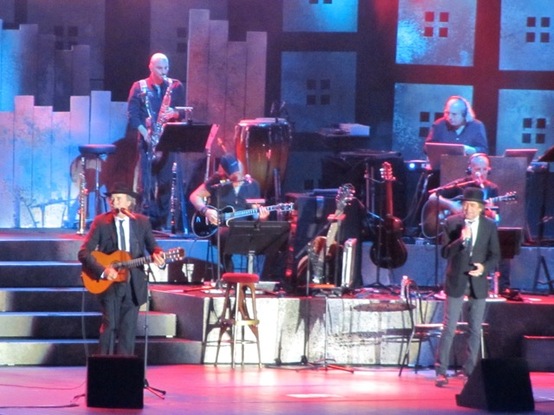
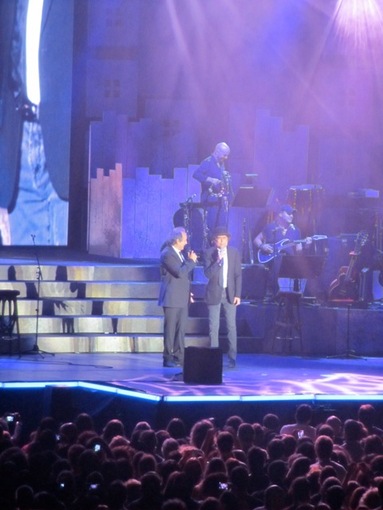
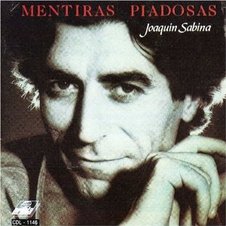

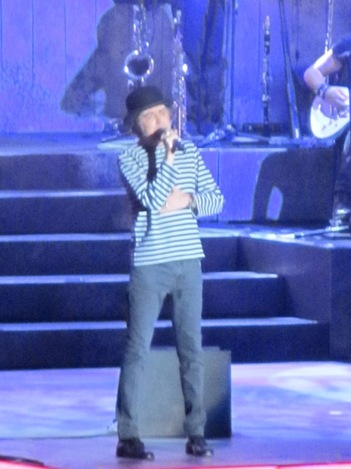
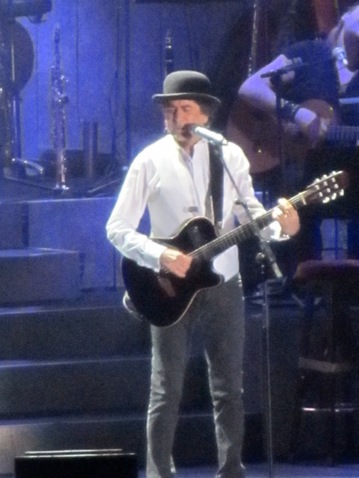
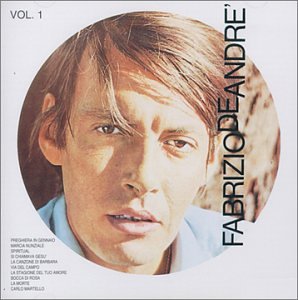
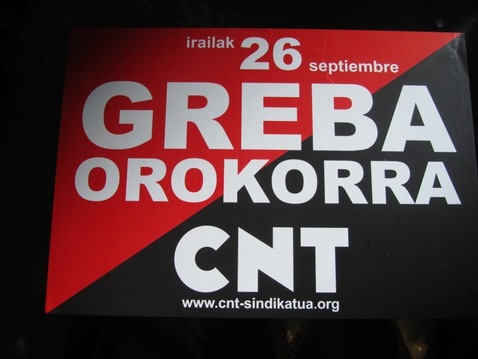
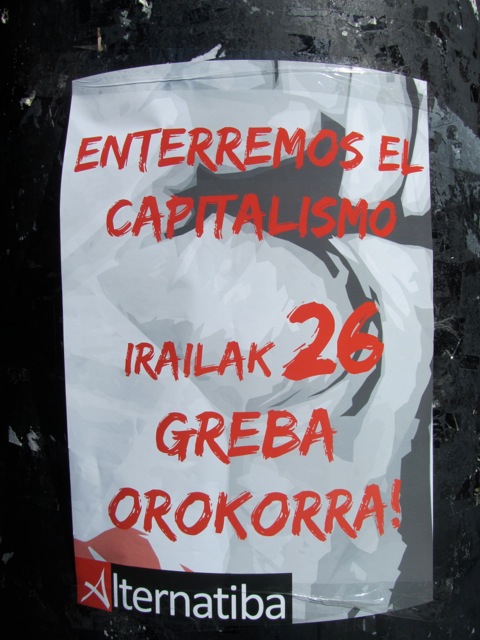
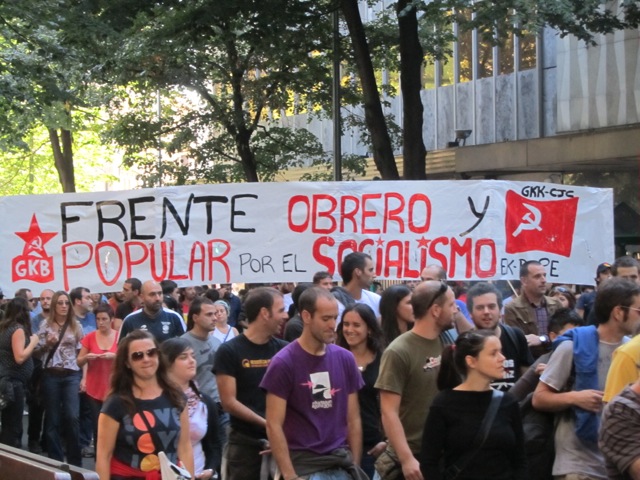
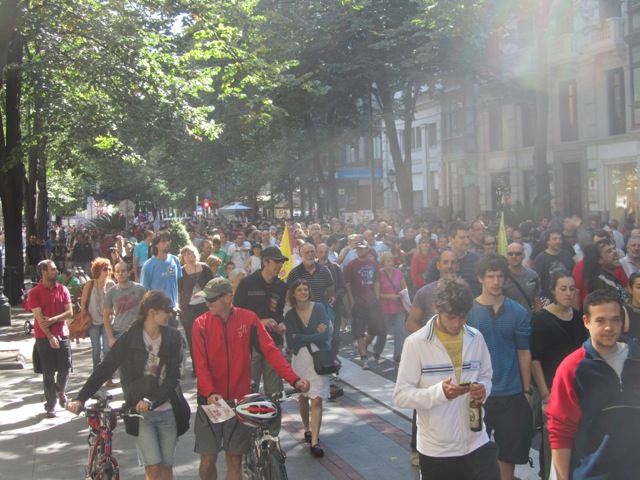

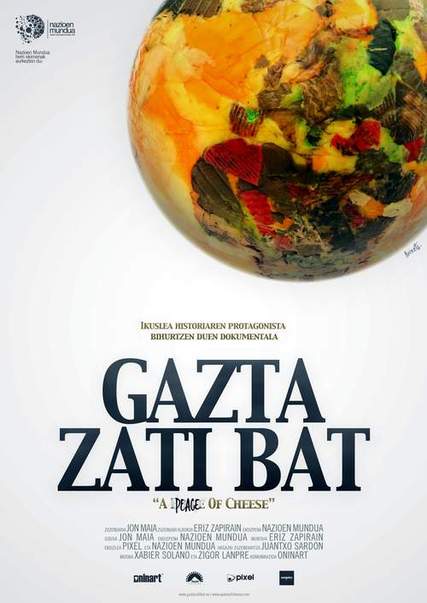
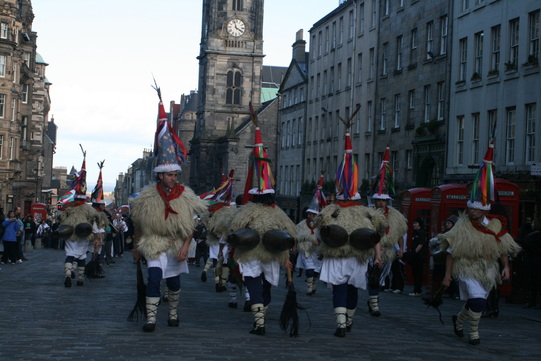
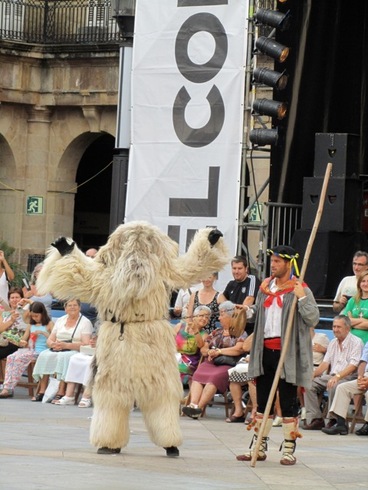
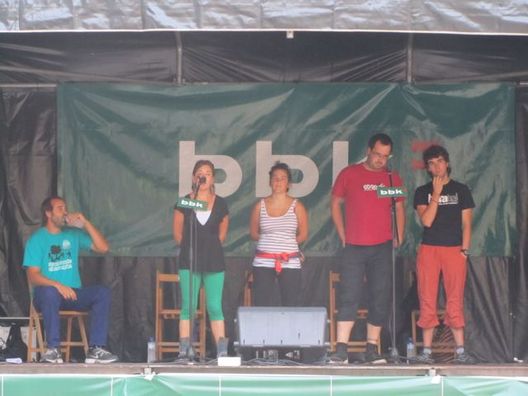
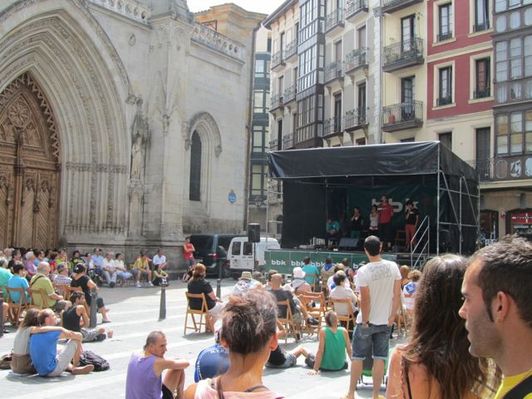
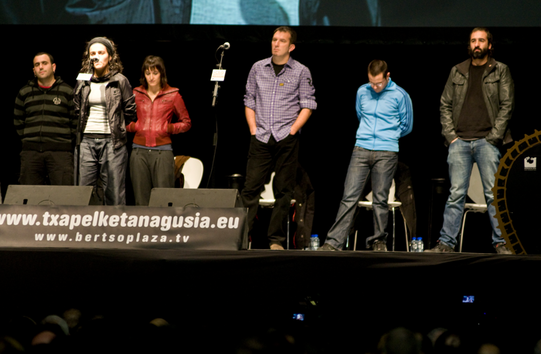
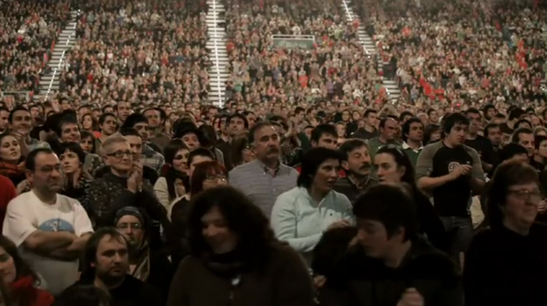
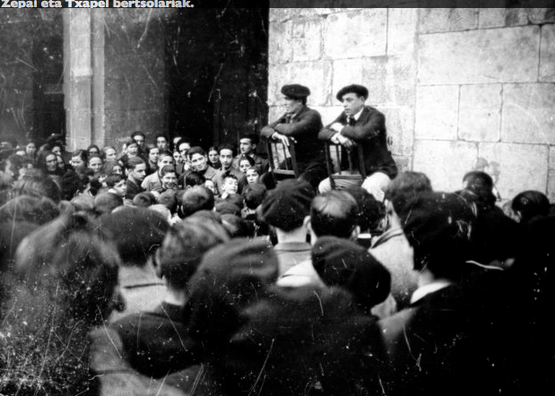
 RSS Feed
RSS Feed